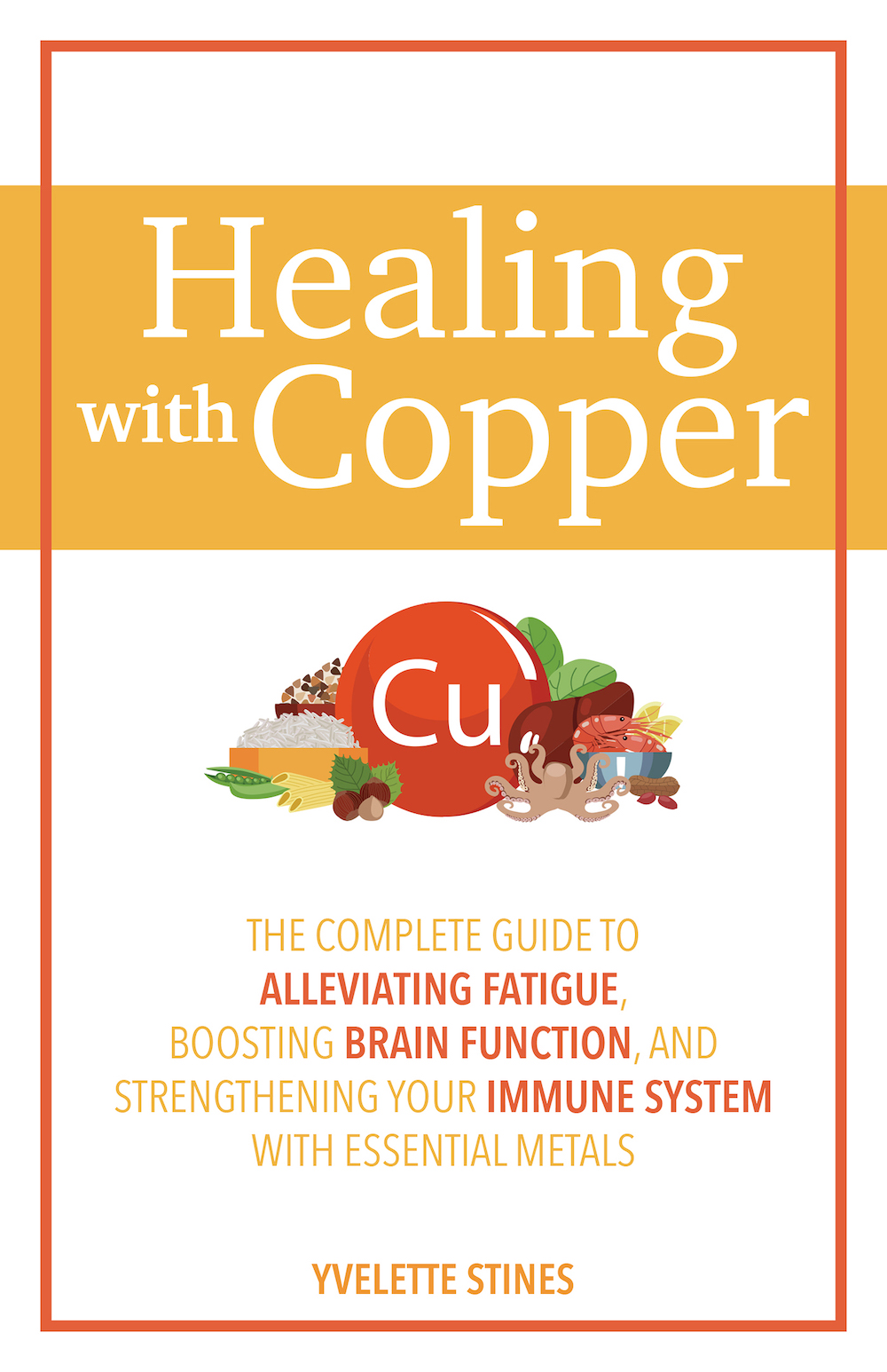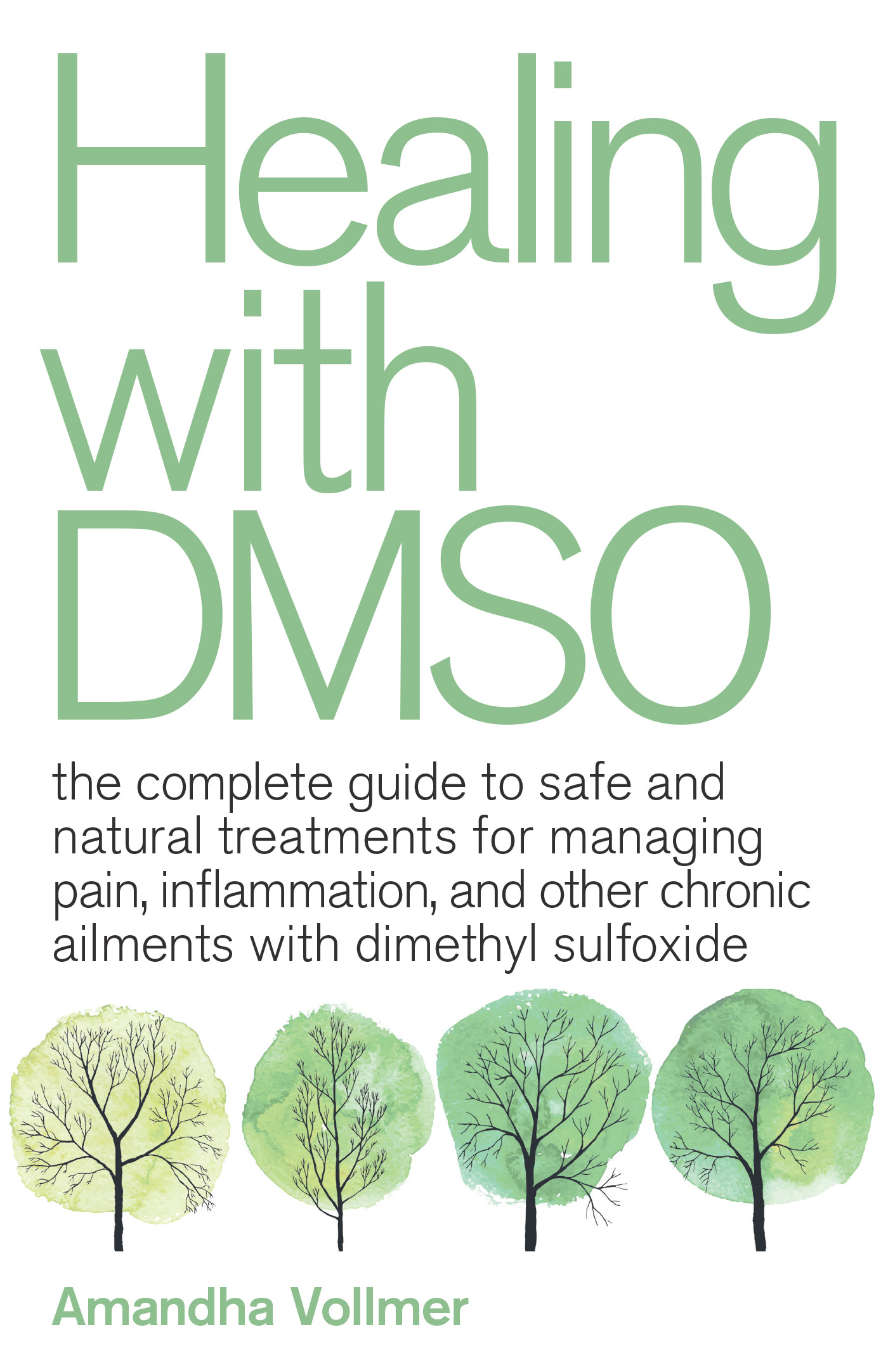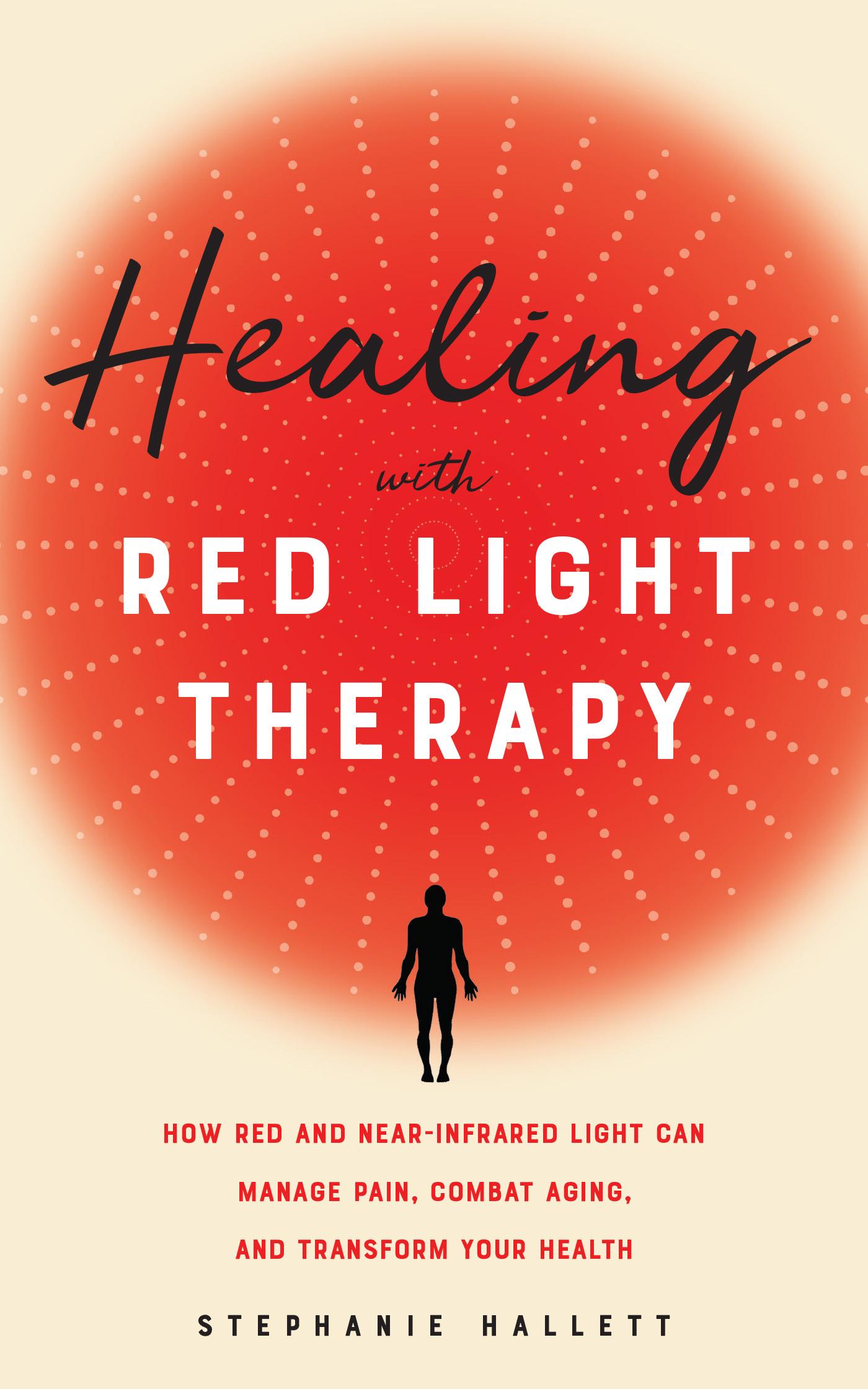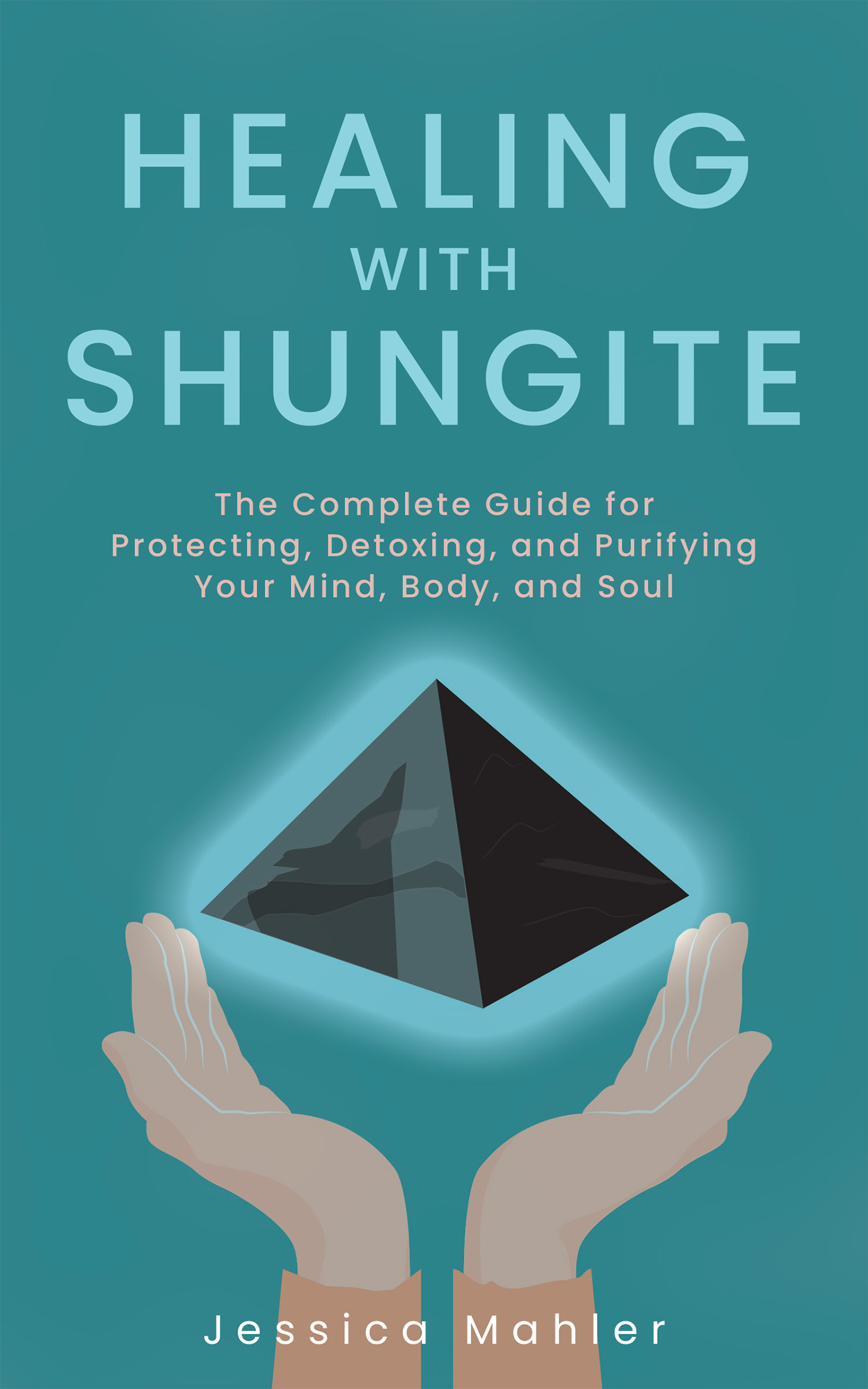
Healing with Copper: Copper’s Unexpected Health Benefits
- Health
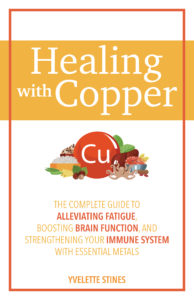 Imagine this: the sun is glowing through the window and your alarm starts to blasting it’s time to wake up. As you reach for your cell phone or clock to turn it off, copper is involved. If you’re using an alarm clock, its circuit board includes elements of copper. As you get out of bed, making your way to the bathroom to brush your teeth and shower, copper is involved. There are traces of copper in the tap water due to the corrosion of the plumbing that is made from copper. From washing your face to using certain personal care products like lotion and cosmetics, copper is involved.
Imagine this: the sun is glowing through the window and your alarm starts to blasting it’s time to wake up. As you reach for your cell phone or clock to turn it off, copper is involved. If you’re using an alarm clock, its circuit board includes elements of copper. As you get out of bed, making your way to the bathroom to brush your teeth and shower, copper is involved. There are traces of copper in the tap water due to the corrosion of the plumbing that is made from copper. From washing your face to using certain personal care products like lotion and cosmetics, copper is involved.
So—how can copper boost brain function, strengthen your immune system, and make your general health better? Written by a seasoned health and wellness writer, Healing with Copper will instruct you on the benefits and best uses of copper and transform your life! Check out an excerpt from the book below:
* * * * *
General Health
Overall, copper is known to help to form hemoglobin, it aids in the absorption of iron from the intestines, and it is needed to produce energy in the body. Copper also helps the body in several ways. This includes:
– Helping the production of red blood cells
– Absorbing iron in the body
– Forming collagen
– Regulating blood pressure and heart rate
– Reducing inflammation
– Helping to maintain the strength of the organs and the connective tissue
– Helps energy levels
– Helps brain function
– Enhances the formation of collagen and the overall health of skin and hair
– Developing, maintaining, and sustaining connective tissue and the bones
– Improves health conditions related to the immune system
Joint and Bone Health
Bone health keeps our bodies moving properly. When the bones are healthy it can also help the immune system. In addition, as aging progresses, bone health is very important. Aging can cause low bone density, which weakens the bones. This can cause an increased risk of fractures. There are other bone-related conditions that can cause stress on the body, such as different forms of arthritis.
Some ways to maintain bone health include exercise, proper stretching, and consuming the proper nutrients that help bone health. In addition to copper, this includes vitamin D, potassium, protein, vitamin C, zinc, and calcium. Collectively, these vitamins and minerals can be consumed through foods such as prunes, avocados, tomatoes, cheese, and milk. Some foods such as fried foods, highly processed foods, alcohol, and sugar can speed up the bone deterioration process and increase inflammation. This can lead to osteoporosis and other forms of arthritis.
The body depends on copper for the healthy formation of connective tissue. In addition, copper is the mineral that is responsible for linking elastin and collagen, which help the mobility of the body and aid in the prevention of brakes and fractures.
Collagen and Connective Tissues
Copper also aids the formation of collagen by activating and linking to lysyl oxidase, an enzyme that is needed to aid in the strengthening and formation of collagen. It also has a role in the production and protection of the connective tissue by crosslinking the collagen, elastin, and extracellular matrix proteins. This also plays a part in keeping the heart and blood vessels healthy. If there is a copper deficiency, lysyl oxidase can’t properly function in the body.
Along with proper nutrition that includes vitamins and minerals that support bone and joint health, regular exercise, stretching, and eating a healthy diet can also help the bones and joints.
Copper is a mineral that is known to enhance the hair, skin, and nails with the help of copper peptides. These are small chains of amino acids that build protein and aid in producing elastin and collagen. Copper peptides work below the epidermis, or outer layer of the skin and aid in the production of elastin deep within the skin tissues.
The skin has three layers of tissues: the epidermis, the dermis, and the subcutaneous layer. The epidermis is the outer layer of the skin that also has the cells that contain melanin, or melanocytes. The top portion or outer layer of the epidermis is a very thin layer and consists of the dead cells that wash off. The dead cells are replaced by new cells that are produced in the lower portion of the epidermis.
Energy and the Immune System
Copper helps to metabolize iron in the body. This helps energy production while keeping the blood vessels healthy. Copper is also a cofactor, a chemical that is not a protein that aids with biological chemical reactions, of many enzymes that help produce energy throughout the body.
Copper also helps the development and maintenance of the immune system. It interacts with other cells to keep the immune system healthy. A copper deficiency may cause a deficiency of neutrophils, white blood cells that fight off infection. This can lead to a lot of health conditions and make it difficult to heal when you are sick or injured.
Brain Health
Copper is essential for proper brain function because the demand for oxygen is strongly dependent on copper. When it comes to copper and brain health, balance is important. Although the brain has a natural function that regulates copper metabolism, too much or too little copper can impact the brain negatively. Brain health requires more than vitamins and minerals. Other ways to keep your brain healthy include engaging in intellectually stimulating activities, exercising, getting enough sleep, listening to music, and maintaining a healthy social life.
* * * * *
Find more answers and tips to improve your health with copper in the new Healing with Copper.
Note: It’s important that we take care of our health. This includes our physical health, mental health, and overall wellness. But, there’s no one-size-fits-all for creating and maintaining great health. Everyone has a different body type and genetic makeup, so what one person can do for their health can be completely different for the next person. It is important to understand that our health journey is ours and we should be patient with ourselves.
Healing with Copper
Enhance your quality of life with this comprehensive guide, and discover the benefits of copper to naturally diminish symptoms of various chronic illnesses, such as osteoporosis, Menkes disease, and many others! Essential metals are metals present in plant and animal life on a small but measurable scale. Absorbed into our bodies with each
Learn more